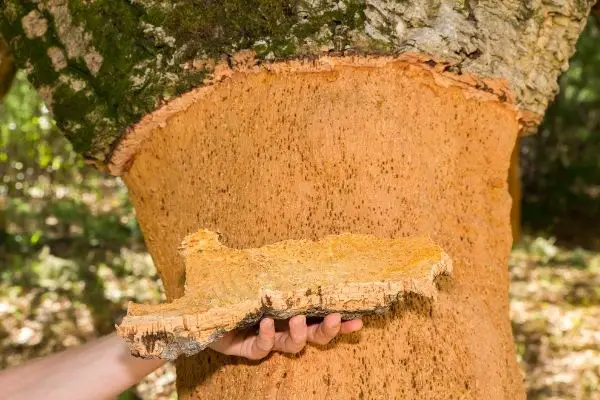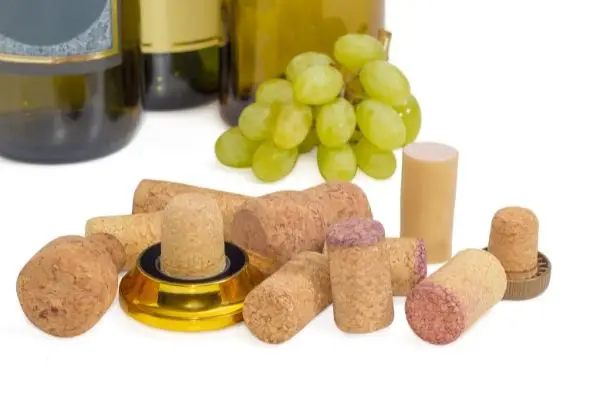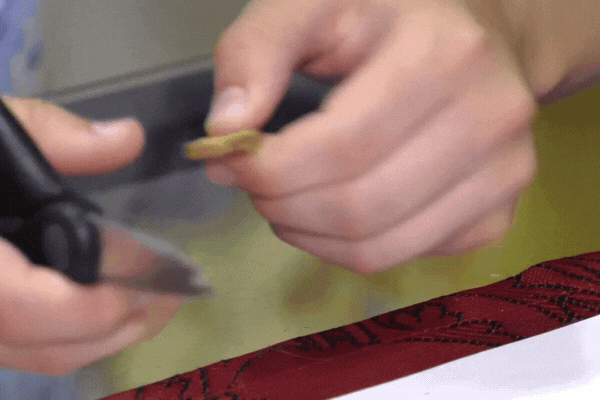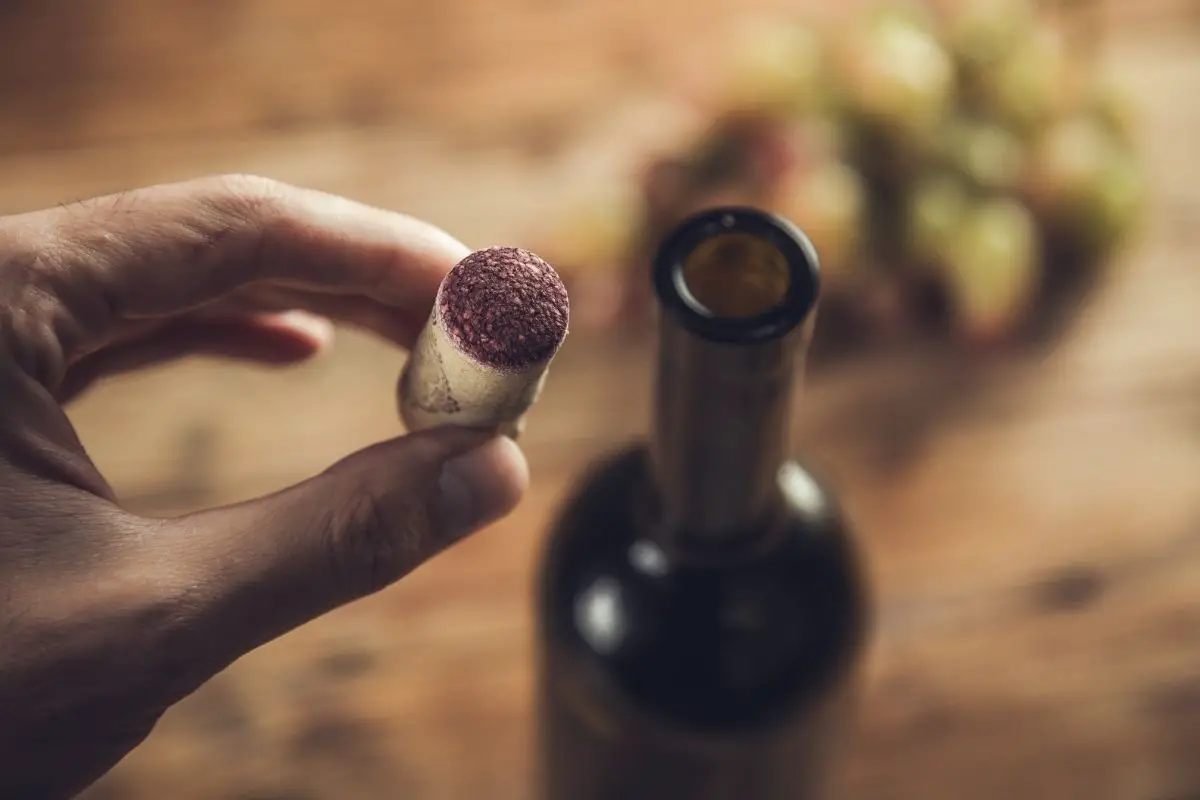Are Corks Compostable? It’s more than just a wine stopper!
Between sustainable farming, organic ingredients, and Fair Trade practices, it’s never been easier to enjoy a bit of wine guilt-free. Even the empty glass bottle can be easily recycled or repurposed!
That leaves just one thing unaccounted for: The cork stopper.
So are corks compostable? And, if so, can you compost wine corks?
Yes, cork is compostable! But whether or not you can compost your old wine corks will depend on if they are made from real or synthetic cork.
What Is Cork?
Cork is a type of bark produced by certain tree species. It can be harvested without killing or permanently harming the tree, making it more sustainable than wood and other products. A single tree can produce over a dozen “harvests” throughout its lifetime.

Cork has many different properties than other types of tree bark. Most notably, it is extremely buoyant and well-insulated, creating perfect ‘barriers’ for all sorts of things.
When it comes to what products can be made from this material, wine corks are often the first items to come to mind. However, cork is also used to create a wide variety of consumer products and construction materials.
Can Cork Be Composted?
Yes, natural cork can be composted!
Harvested cork is no different than any other organic plant matter. It can be composted just like you would compost wood shavings, sawdust, dry bamboo, and similar byproducts.
Are Synthetic Wine Corks Compostable?
No! Synthetic wine corks cannot be composted.
While tossing synthetic cork in your compost won’t hurt it, the corks will not break down.
What Are Synthetic Corks Made Of?

The vast majority of synthetic corks are made of polyethylene, a popular type of plastic. Polyethylene is food safe — it’s commonly used to form plastic milk jugs.
But if natural cork is so great, why switch to plastic corks in the first place?
While natural cork is extremely effective at sealing wine, it’s not perfect. The variation that comes with any organic material means that some wine corks are of a higher quality than others.
Also, natural corks may contaminate wine with something called trichloroanisole. This compound can make otherwise well-made wine taste and smell like mold. Up to 2% of wine bottles sealed with natural cork are affected.
Synthetic corks remove these inconsistencies, which is great news for winemakers looking to minimize waste and maximize profit.
However, synthetic corks are typically only used for short-aged wine. Nothing beats the seal of real cork when it comes to the aging process.
How To Tell The Difference Between Real And Synthetic Cork

Fortunately, it doesn’t take a sommelier to tell the difference between real and synthetic cork.
Natural cork looks and feels like, well, cork. It is sturdy but will crumble with enough pressure. Real cork tends to feature LOTS of color variation.
Synthetic cork, on the other hand, is smooth and feels like soft plastic. Synthetic wine corks are usually a uniform color. When cut open, most synthetic corks have a foam-like consistency.
While it’s easy to tell the difference when a cork is in hand, it’s nearly impossible to identify what type of cork is inside an unopened bottle of wine.
If you want to avoid purchasing wine sealed with synthetic cork, you’ll want to consult with your local retailer or reach out to individual winemakers.
What Is The Best Way To Compost Cork?
Composting natural wine corks is incredibly easy!
For the best results, break or chop wine corks into small pieces before composting. This will speed up decomposition and make it easier to distribute the cork throughout the existing compost.

Like wood, cork is a “brown” material. Balance out carbon-rich cork with nitrogen-rich “green” materials like fresh lawn clippings or kitchen scraps.
Wine stoppers are not the only type of cork that can be composted. Before adding any cork to your compost, however, be sure to check for adhesives, paints, and other non-compostable materials that may be stuck to the cork.
Frequently Asked Questions
Can you compost old wine?
Yes!
Instead of dumping that forgotten bottle of cabernet down the kitchen sink, you can place it in your compost pile to decompose.
Wine (and other low-concentration alcohols) can actually benefit compost. It offers moisture, which every compost pile needs. And, in some cases, can contribute beneficial yeast to the decomposition process.
Too much alcohol can harm the bacteria inside your compost, so always use moderation. You can add small amounts of old wine over the course of a few days to give the bacteria a chance to break it down without being overwhelmed.
Is cork recyclable?
Both natural and synthetic cork can be recycled. However, different methods are required for each material.
Synthetic cork can be placed into your household recycling bin with your cardboard, paper, and similar materials. It will be processed by your local recycling center.
Natural cork, on the other hand, cannot be recycled with your paper goods. Instead, it should be sent to a special processor to be repurposed into other cork-based products.






